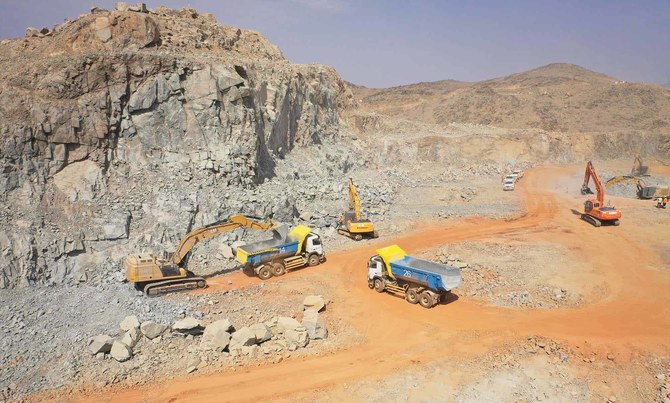Mining plays a crucial role in the global economy, providing essential raw materials for various industries. However, the environmental consequences of mining activities cannot be overlooked. This blog post aims to delve into the depths of mining-related pollution, exploring its magnitude and impact on our planet. From air and water pollution to soil degradation, we will examine the multifaceted aspects of mining's environmental footprint.
- Air Pollution:
Mining operations release significant amounts of airborne pollutants, contributing to air pollution on both local and global scales. Dust emissions from mining sites contain harmful substances such as heavy metals, sulfur compounds, and particulate matter. These pollutants can have detrimental effects on human health, leading to respiratory issues and other related illnesses. Moreover, the release of greenhouse gases during mining processes contributes to climate change, further exacerbating environmental concerns. - Water Pollution:
Mining activities often involve the use of large quantities of water, which can result in the contamination of nearby water sources. The discharge of untreated or inadequately treated wastewater from mining sites can introduce toxic chemicals and heavy metals into rivers, lakes, and groundwater. This pollution not only poses risks to aquatic ecosystems but also affects the availability of clean water for human consumption and agricultural purposes. - Soil Degradation:
Mining operations can cause significant damage to soil quality and fertility. The removal of vegetation and topsoil during mining activities disrupts the natural ecosystem and exposes the underlying soil to erosion. Additionally, the deposition of mining waste, such as tailings and overburden, can contaminate the soil with hazardous substances, rendering it unsuitable for future agricultural or ecological purposes. Soil degradation resulting from mining activities can have long-lasting effects on local ecosystems and biodiversity. - Biodiversity Loss:
Mining operations often encroach upon natural habitats, leading to the loss of biodiversity. The destruction of forests, wetlands, and other ecosystems to make way for mining activities disrupts the delicate balance of ecosystems, causing the displacement and extinction of numerous plant and animal species. The loss of biodiversity not only diminishes the aesthetic and ecological value of an area but also disrupts the intricate web of interactions that support life on Earth.
Conclusion:
Mining undoubtedly plays a vital role in meeting the demands of modern society, but its environmental impact cannot be ignored. The pollution caused by mining activities, including air pollution, water pollution, soil degradation, and biodiversity loss, poses significant challenges to our planet's health and sustainability. It is crucial for mining companies, governments, and society as a whole to prioritize sustainable mining practices, incorporating technologies and strategies that minimize pollution and mitigate environmental damage. Only through responsible mining can we strike a balance between economic development and environmental preservation.

